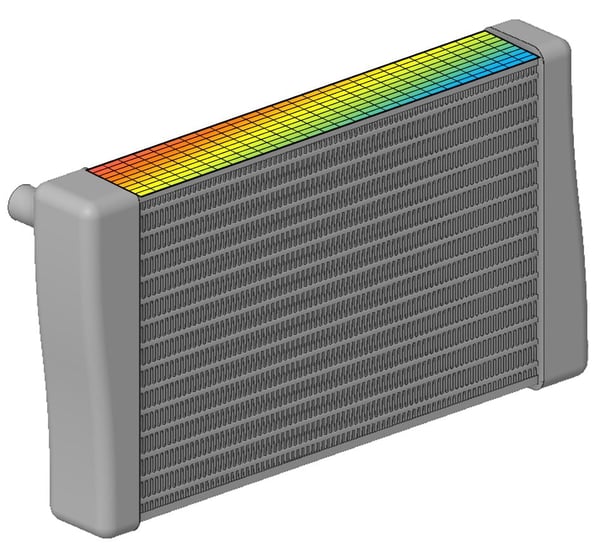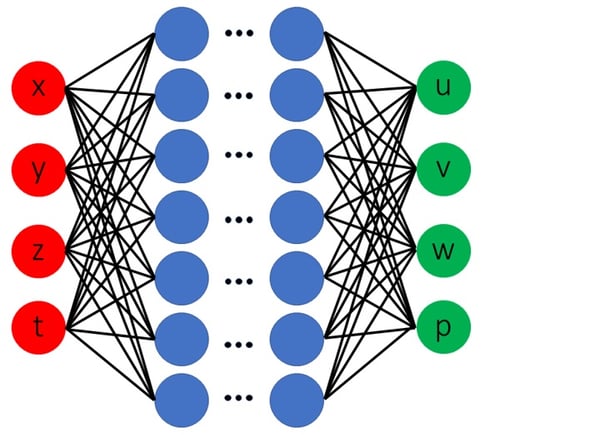GT-SUITE v2024 cracked release
$ 180.00
GT-SUITE is the industry-leading simulation tool with capabilities and libraries aimed at a wide variety of applications and industries. It offers engineers functionalities ranging from fast concept design to detailed system or sub-system/component analyses, design optimization, and root cause investigation.
Description
Multi-Physics Included ALL PHYSICS LIBRARIES WITH GT-SUITE
The foundation of GT-SUITE is a versatile multi-physics platform for constructing models of general systems based on many underlying fundamental libraries:
- Flow library (any fluid, gas or liquid or mixture)
- Acoustics library (both non-linear and linear)
- Thermal library (all types of heat transfer)
- Mechanical library (kinematics, multi-body dynamics, frequency domain)
- Electric and Electromagnetic library (circuits, electromechanical devices)
- Chemistry library (chemical kinetics)
- Controls library (signal processing)
- Built-in 3D CFD and 3D FE (thermal and structural)

Modular Model Resolution SEAMLESSLY ADJUST MODEL FIDELITY
GT-SUITE offers model resolution ranging from 0D to 3D calculations. Within a single model environment, a user can adjust the fidelity for any given task. An example could be using a lumped battery model for drive cycle analysis or a cell level model with 3D FE Thermal discretization in order to identify local hot spots during an acceleration event.

Advanced Features
- Fast solver makes simulations of large systems practical
- Distributed computing
- DOE and optimization
- Fusion of 1D and 3D simulation in one tool
- Imports solid models from CAD to create 1D and 3D models
- Performs embedded 3D CFD and 3D FE thermal/structural modeling with all boundary conditions provided by the simulated surrounding complete system
GT-SUITE includes a state-of-the-art optimizer tool for performing design optimization and calibrating models to measured data. A variety of sophisticated and powerful search algorithms enable users to discover optimal designs within large, multi-dimensional domains. Explore design trade-offs among multiple competing objectives and constraints with the Pareto approach to multi-objective optimization. Parallel coordinates plots facilitate exploring inter-variable relationships, filtering data sub-spaces, and visualizing trends of multi-dimensional datasets. Finally, expedite long optimization runs by running multiple design iterations simultaneously via seamless integration with distributed computing.
GT-SUITE includes a visual-oriented machine learning platform that enables transforming data – whether it’s generated from simulations or taken from measurements and testing – into fast-executing metamodels. Metamodels are powerful tools for design exploration, sensitivity analysis, optimization, and replacement of computationally–expensive physics-based sub-models. Available metamodels include deep neural networks, Gaussian interpolation, and polynomial regression. Export metamodels to GT-ISE to use as fast surrogate predictions in any GT-SUITE model. When generating data from simulations, a variety of space-filling sampling algorithms are available to construct Designs of Experiments. User can also take advantage of machine learning capabilities using Python scripting with the GT-Automation add-on license.
GT-SUITE includes several approaches for sensitivity analysis and factor screening – including main effects plots, correlation coefficients, elementary effects method, variance-based Sobol method, and Monte Carlo filtering – that enable identifying and ranking the most influential input variables on any system. Similarly, identify negligible inputs that have little or no effect so they can be discarded from further analysis, thereby simplifying optimization and machine learning tasks.
In addition, GT-SUITE provides tools for performing Monte Carlo Variability Analysis, where statistical distributions can be applied to model inputs for the purpose of predicting variability in model outputs. Mathematical fits to the output distributions facilitate predicting risk of low-probability outcomes. Finally, as an engineering design tool, perform fast what-if studies to experiment with modifying input distributions to achieve more desirable output distributions.
GT-SUITE contains GEM3D, a pre-processor that can be used to parametrically generate CAD geometry or import it from various file formats and prepare it for simulation. GEM3D can handle flow systems (e.g. piping, heat exchangers, underhood modules, cabin), multi-body mechanical systems, electrochemical systems (fuel cells and batteries). It can also generate or import thermal and mechanical finite element meshes in order to prepare the models for detailed 3D thermal or flexible body dynamics respectively.
GEM3D is a great enabler for CAD-based modeling and simulation, which increases productivity, improves data management and promotes digital thread continuity.
GT offers a Distributed Computing capability that is fast, scalable and secure. It serves the needs of large design studies such as DoE, optimization studies, root-cause analysis and variation analysis, and ensures fast results generation. The capability consists of a “Distribution Server” (scheduler) that automatically divides simulation scenarios into smaller packets, sends packets to execution nodes and automatically combines all results into a single results file.
GT-SUITE Apps for Enhanced Simulation Capabilities









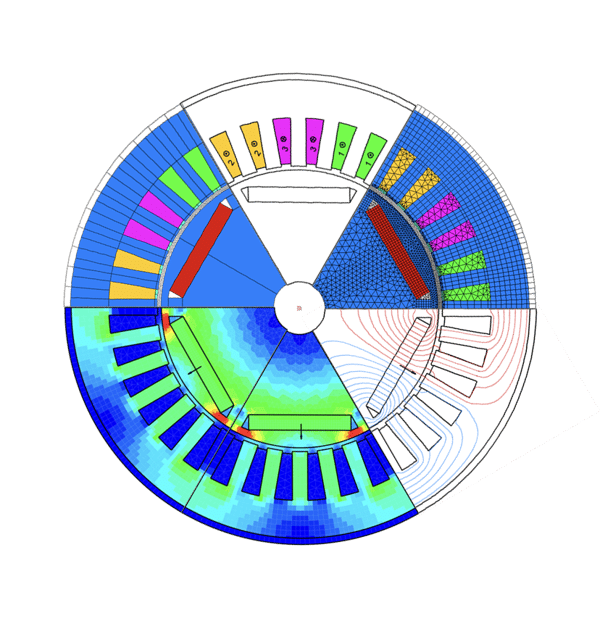
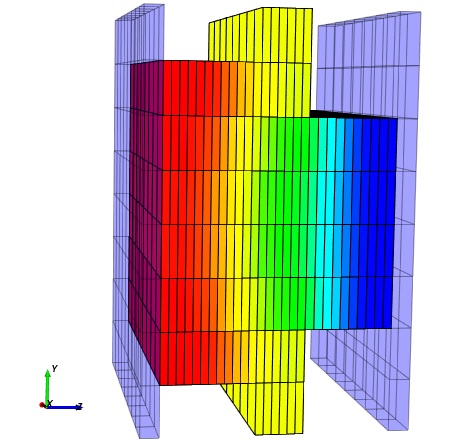
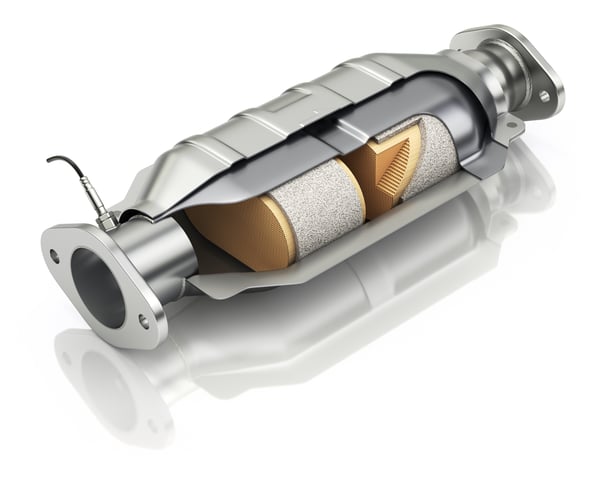
.png?width=1120&upscale=true&name=image001%20(2).png)
